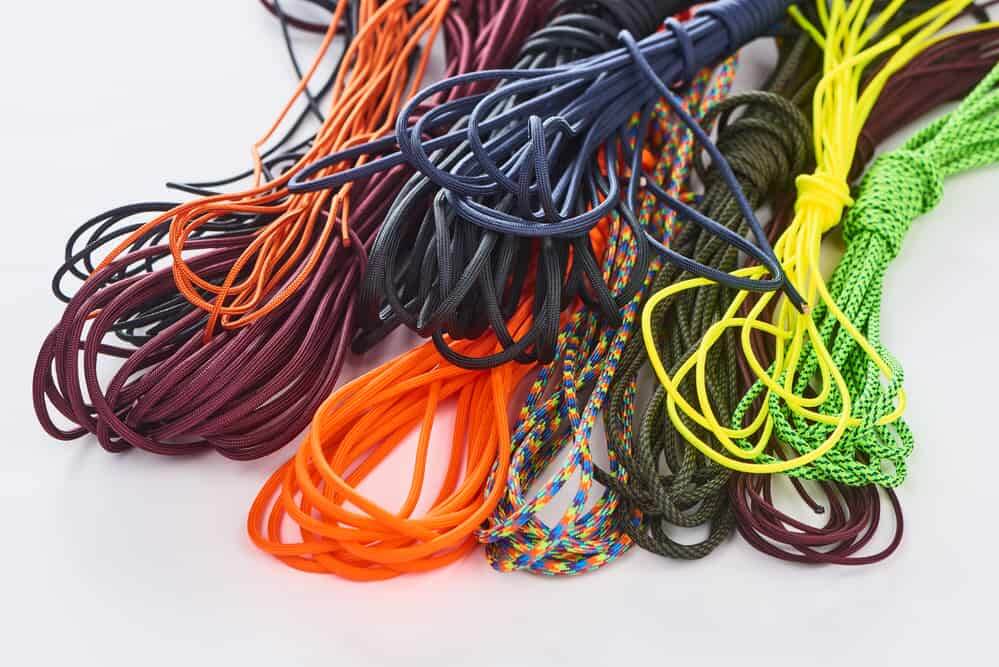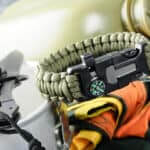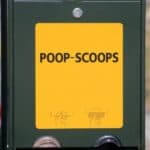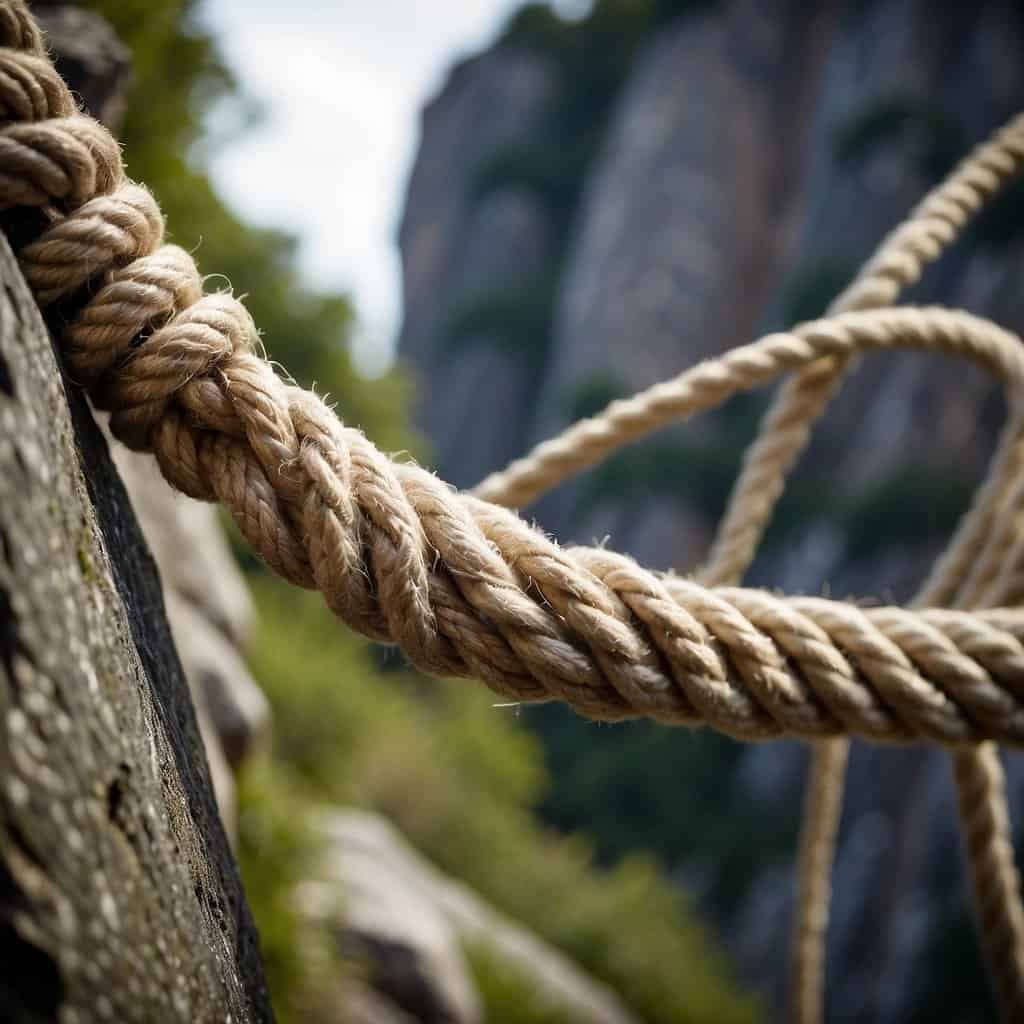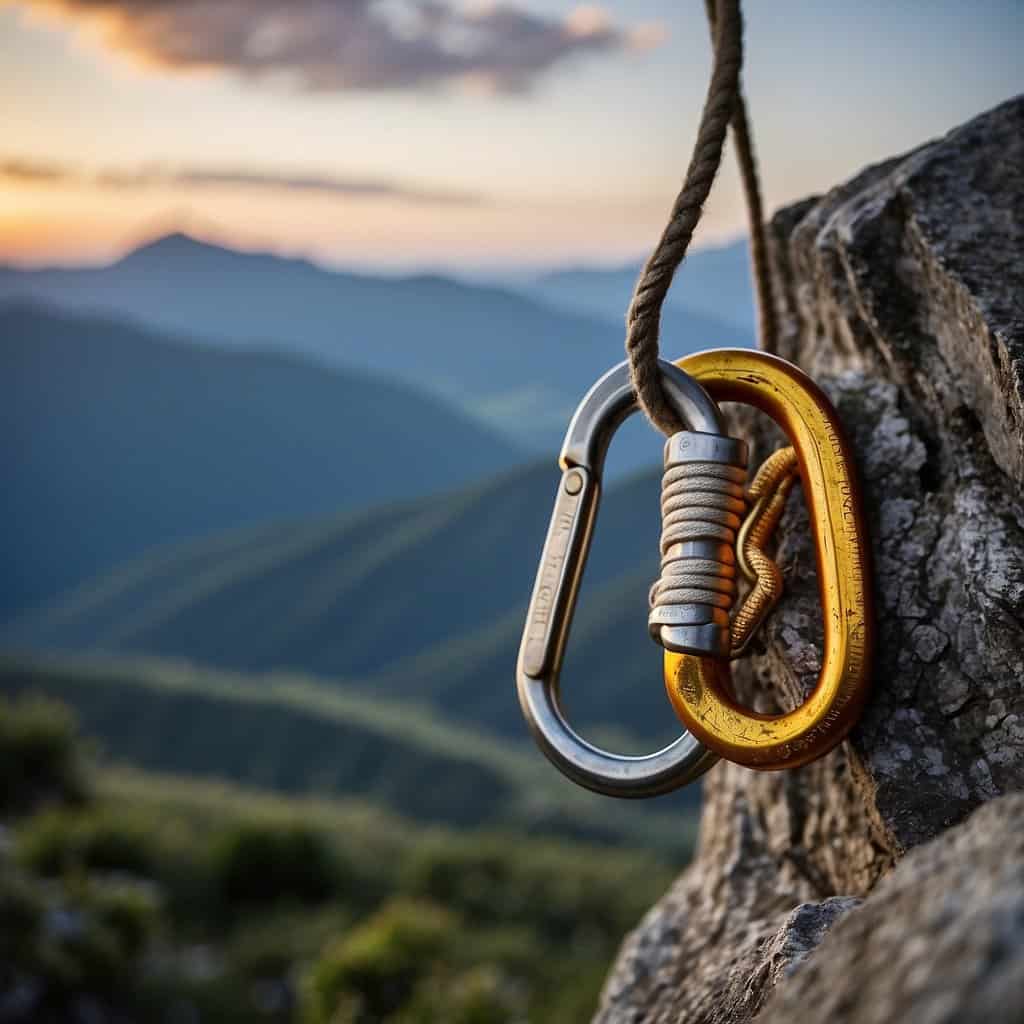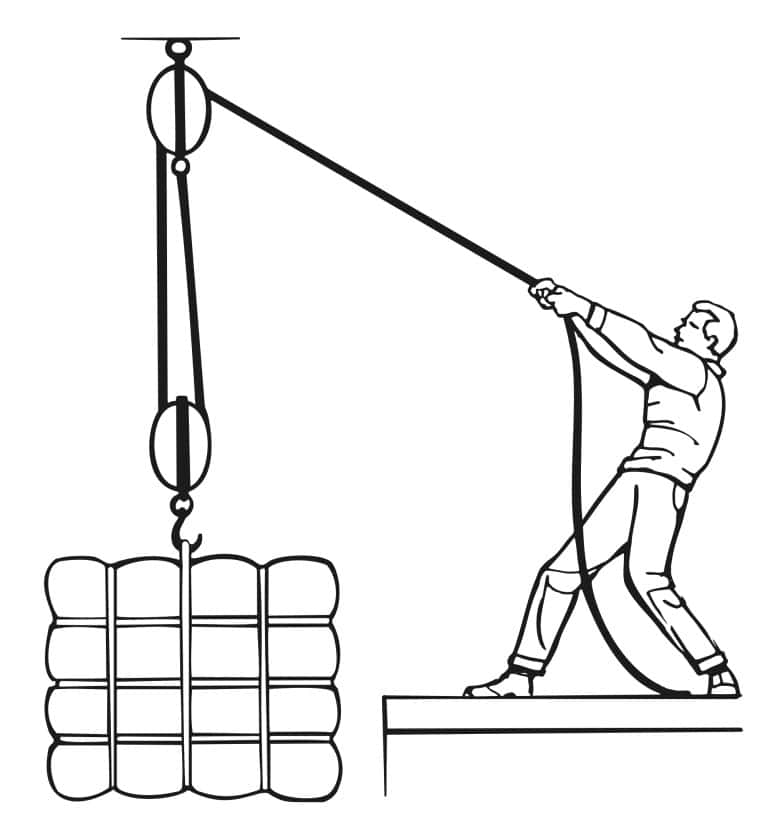Paracord comes in a fantastic variety of sizes, colors, and lengths. The customization options are limitless as well. You can make bracelets, necklaces, and dog collars, or you can put it to more industrial uses such as boat tie-downs, securing knots, or securing a tent to its stakes.
Each size of paracord has its unique uses, although you can use larger-sized paracords to make things that would typically require something smaller and vice versa. Once a military-only technology, primarily used in parachutes during WWII, paracord has become a top-rated private consumer product.
Paracord has a very high tensile strength that is undoubtedly not betrayed by its size. As a result, it resists most types of rot or degradation and maintains its color and strength when it is exposed to the elements for extended periods of time.
Table of Contents
Paracord Size Chart
These are your primary types of paracord and typical paracord sizes. Some websites may advertise a lot more, but they’re essentially taking an existing paracord of a specific color and giving it a great-sounding name.
| Type of Paracord | Size | Individual Threads | Strength | |
| 1 | Tinder | 5/32 inch | 7 | N/A |
| 2 | Mono | 5/32 inch | 7 | N/A |
| 3 | Nano | 0.75mm | 0 | 36lbs |
| 4 | Micro | 1.18mm | 0 | 90lbs |
| 5 | Survival | 5/32 inches | 7 | N/A |
| 6 | Para-Max | ¼ inches | 3 | 1200lbs |
| 7 | Mil-Spec | 4mm | 7 | 550+lbs |
| 8 | 750 | 5mm | 11 | 750lbs |
| 9 | 550 | 4mm | 7 | 550lbs |
| 10 | 425 | 3mm | 3 | 425lbs |
| 11 | 325 | 2mm | 3 | 325lbs |
| 12 | 275 | 2mm | 5 | 275lbs |
| 13 | 95 | 1.75mm | 1 | 95lbs |
| 14 | ¼ Shock Cord | ¼ inch | 48 | 210lbs |
| 15 | ⅛ Shock Cord | ⅛ inch | 12 | 100lbs |
| 16 | 1/16 Elastic Cord | 1/16 inch | 6 | N/A |
| 17 | 1/32 Elastic Cord | 1/32 inch | 3 | N/A |
There are 17 types of paracord listed here, and, in all likeliness, you will find a more extensive list in other places. However, most of what constitutes paracord are size, the threads within the outer sheath, and the situation where they are used the most.
Paracord Types and Uses
If we were to list all of the uses for paracord here, we could quickly write a book on the topic. Instead, however, we’ll stick to the primary benefits for each type of paracord or the common uses that they’re put to, which you can also do.
Tinder Cord
You may wonder why they would call paracord, tinder cord. Well, that’s because it is fuel, or tinder, for creating a fire. All seven of the inner strands are as ignitable as a match head.
Not only can you use this paracord to tie your packs and equipment together for a hike, but you can also cut off a piece and use the friction from rubbing the paracord together to ignite it and set fire to your gathered kindling.
Mono Cord
Mono cord doesn’t have a multitude of threads twisted together. Instead, it is a single, solid thread mainly used for sewing but can also be used for shoestrings, making dog collars, bracelets, and necklaces. This is also great cord to hand your favorite shovel safely.
Nano Cord
Despite the name nano typically indicating microscopic, you can see nano cord. However, it is an incredibly thin cord, and you can pack hundreds and hundreds of feet of this stuff into a tiny space. So it’s excellent for tying something like one does in beadwork, creating bracelets, anklets, or even a necklace.
Micro Cord
Micro cord, like Nano cord, is also used in making bracelets by using cobra knots. It’s not as narrow in diameter as Nano cord, but you can still pack a lot of it into a small space and use it to secure backpacks, hiking gear, and design wearables.
Survival Cord
Survival cord is excellent for just that, surviving. In addition, it’s beneficial for securing your gear, tying items to bushes and trees, and in an emergency in creating a rescue sled.
Para-Max Cord
There are many uses for the Para-Max cord, as it is the thickest and strongest of the different cord types. Para-Max is the go-to cord for tying down your boat when docked. In addition, some have used it as a makeshift horse halter or around the camp to tie up anything heavy.
Mil-Spec Cord
In general Mil-Spec cord comes in 4mm size and has seven threads, but it’s not exactly like that at all times. Mil-spec cord is essentially any paracord that meets military specifications. The military specification does change given the circumstances in which the cord is used, so the size and thread count may vary.
750 | 550 | 425 | 325 | 275 | 95 Cords
The grouping of these cords exists as they are all the same type of paracord. Use-wise, there is nothing extra or unique about them, unlike the tinder cord. Their numbers coincide with their tensile strength. While 550 is the most popular, the remaining paracord types enjoy their own levels of popularity.
Shock Cord ¼” and ⅛”
A shock cord doesn’t have anything to do with electricity but does shock and awe with this cords reaction to G-forces and gravity. A shock cord can absorb sudden direction shifts, which is why it is excellent for tying down cargo. Since it absorbs shock, this cord is integral in chairs, beach beds, or anything designed to absorb your body weight when you sit or lay down.
Elastic Cord ¼” and ⅛”
An elastic cord is a very stretchy material and still retains a bit of the toughness that paracord is known for. Although this cord is not made to undergo stress, it is excellent for designing masks and constructing bracelets and other novelties.
Elastic cord is much more in line with party stuff, decorations, and all of the things you would expect to do with an extra, stretchy string. It doesn’t have the tensile strength of a regular paracord; however, it is more durable than you think, and you can get quite a bit of stretch out of it before it snaps.
All Things Considered
That about sums up your basic paracord principles. The beauty of paracord is that there are so many different types and uses for everyone. While it was initially a military tool and still retains many of its field and militaristic uses, you can use the paracord for more.
Whether you want to design a survival bracelet, make a pink wearable for your daughter, or tie down your boat or tent, there’s a bit of something for everybody.

